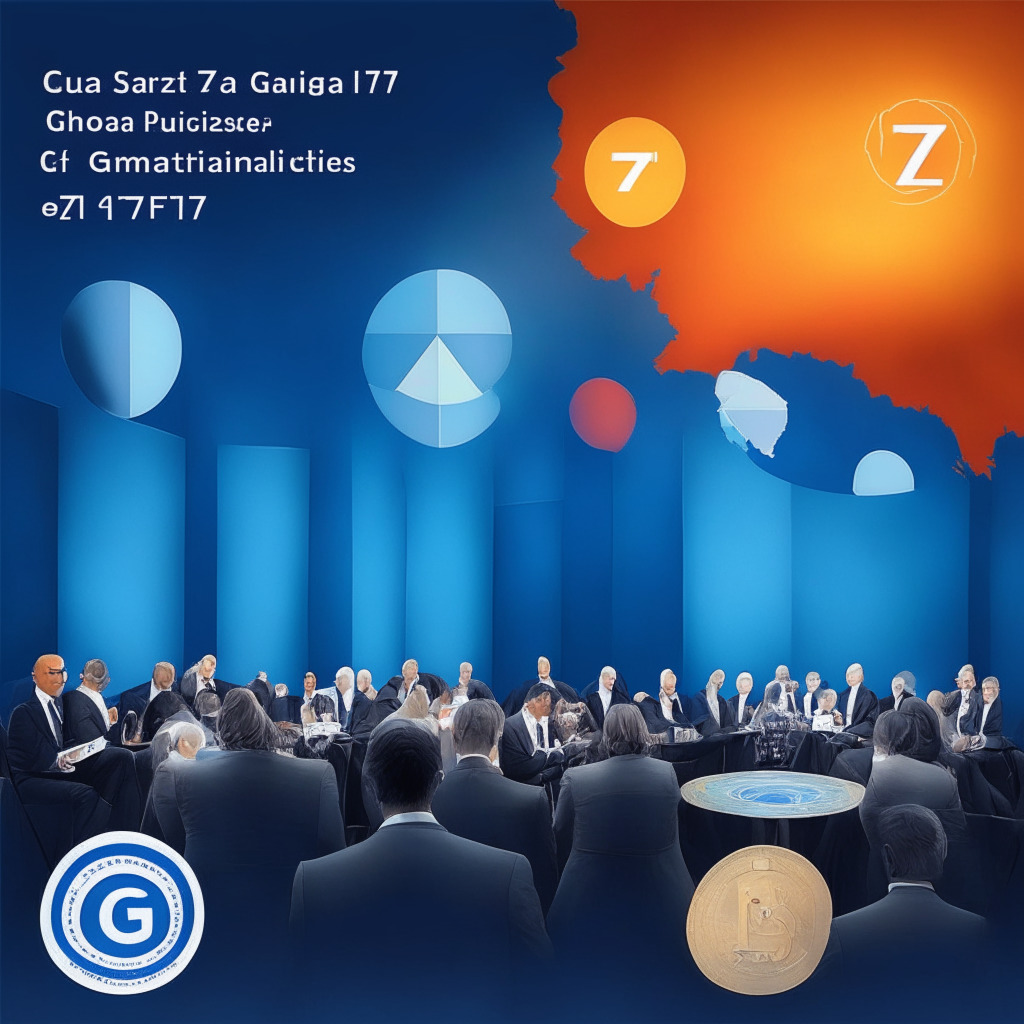Crypto exchange founder Sam Bankman-Fried has filed pretrial motions in an attempt to dismiss a majority of the charges he faces, ranging from wire, securities and commodities fraud allegations to bribery claims. As the former CEO of the Bahamas-based crypto exchange FTX, which filed for bankruptcy last November, Bankman-Fried is set to go to trial this fall.
In the motions filed late Monday, Bankman-Fried’s attorneys moved to dismiss several charges based on allegations that prosecutors did not “state an offense for failure to allege a valid property right.” These charges include conspiring to commit wire fraud on FTX customers, wire fraud on FTX customers, conspiracy to commit wire fraud on Alameda Research lenders and wire fraud on Alameda Research lenders. They also requested dismissal of charges related to bank fraud, unlicensed money transmitter operation, unlawful political contribution and bribery on discovery grounds.
A third motion sought dismissal of fraud charges tied to FTX customers and the unlicensed money transmitter charge “for failure to state an offense.” Lastly, they aimed to dismiss bribery and political contribution charges on the basis of insufficient evidence. However, it is worth noting that Bankman-Fried’s attorneys did not request dismissal of charges regarding conspiracy to commit securities fraud, securities fraud, and conspiracy to commit money laundering.
In a memorandum of law supporting the motions, Bankman-Fried’s lawyers argued that some of the charges brought against him were not based on the list of charges agreed during the extradition process, thereby violating the terms of the extradition treaty between the Bahamas and the U.S. Additional memoranda of law present further arguments such as FTX not being required to register as a money transmitter and certain laws not applying to FTX due to its operations outside the U.S.
Another filing requested more discovery documents to consider FTX as part of the “prosecution team,” citing its cooperation with the Department of Justice. This move could bring to light more aspects of the case, such as the extent of FTX’s assistance with the prosecution.
While these pretrial motions aim to relieve Bankman-Fried of several charges, the upcoming trial will ultimately determine the outcome. Until then, questions remain about the validity of the charges and the legal implications for the world of cryptocurrencies and their regulation. Will the case against the former FTX CEO set a precedent for future crypto exchanges and their founders, or will it serve as a cautionary tale for regulators seeking to apply traditional financial market rules to the rapidly evolving world of digital assets? As the trial unfolds, the crypto community will keenly watch how these questions play out in court.
Source: Coindesk




